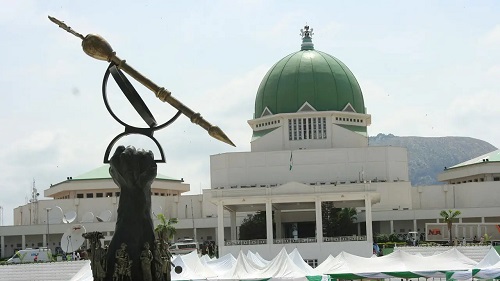The debate in Nigeria about the best form of democratic government has been ongoing since 1999, with arguments for both the American-style presidential system and a return to the parliamentary system inherited from Britain in 1960. Advocates of the parliamentary system argue that it would reduce wastage in governance and enhance accountability, proposing a unicameral legislature where the Prime Minister is selected from among legislators, reducing the cost of governance significantly.
On the other hand, supporters of the presidential system, which was introduced in 1979, emphasize checks and balances to prevent the concentration of power in any one branch of government. They suggest modifying the current system to suit Nigeria’s diversity and unique needs while upholding democratic principles.
A recent bill in the House of Representatives, co-sponsored by around 60 lawmakers from various parties, aims to transition Nigeria to a parliamentary system starting in 2031. The proposed changes include appointing the Prime Minister as the Head of Government and making the President a ceremonial leader, as well as shifting the process of electing governors and local government chairpersons to legislative bodies to enhance collaboration between branches and reduce bureaucracy.
Advocates of the parliamentary system argue that it promotes unity, is cost-effective, and decentralizes power to states and regions, aligning better with Nigeria’s diverse cultural makeup. They criticize the presidential system for its high costs, centralization of power, and generation of subpar leadership.
Prominent figures, such as the president of the Middle Belt Forum and the Arewa Youths Consultative Forum, support a return to the parliamentary system, believing it would select better leaders and result in more efficient and accountable governance. They stress the system’s ability to empower states and regions, fostering development and good governance within a more decentralized framework.
In conclusion, the debate persists, with advocates of the parliamentary system highlighting its cost-efficiency, accountability, and alignment with Nigeria’s cultural diversity. Conversely, proponents of the presidential system call for adaptations to meet the country’s specific needs and promote balanced governance among branches. The parliamentary system bill has sparked national discourse, inviting public engagement on Nigeria’s governance future.



